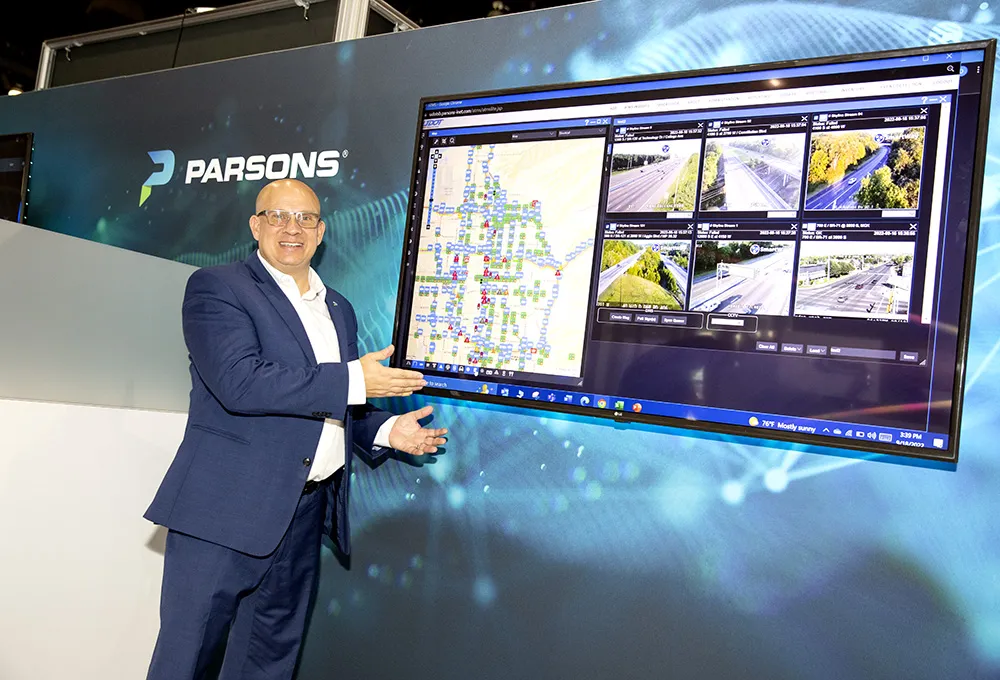
TTS's Personal Signal Assistant works by collecting traffic signal information from local transportation agencies and predicts when signals will change. The predictions are delivered to connected vehicles approaching the intersection, and connected vehicle applications can then make speed recommendations and initiate start-stop functions or automated recuperation.
TTS recently integrated traffic signal information from the city of Palo Alto, 20 miles from ITS America San Jose. It has also incorporated data from Las Vegas into its solution and is rolling out the service nationwide--initially focused on major metropolitan areas.








